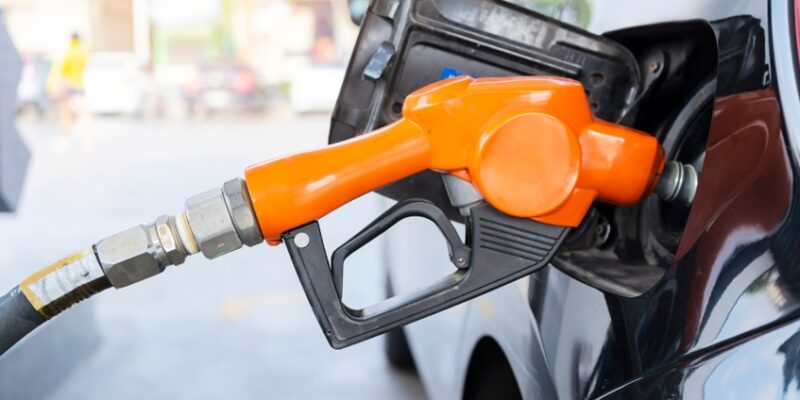Fuel is an essential resource that powers our daily activities. From gasoline to diesel to natural gas, we rely on various types of fuel to keep our vehicles, machinery, and equipment running. However, with the use of fuel comes a certain level of risk due to its flammable and hazardous nature. This is why it is crucial to follow safety protocols when handling fuel and fuel equipment.
In this guide, we will discuss the essential safety protocols that should be followed when handling different types of fuel and using various fuel equipment. These safety measures are crucial for preventing accidents, injuries, and even fatalities.
General Safety Protocols
Before we dive into specific safety measures for handling different types of fuel and equipment, let’s first go over some general safety protocols that apply to all situations involving fuel:
- Always wear appropriate personal protective equipment (PPE) when handling fuel and fuel equipment. This includes safety glasses, gloves, and protective clothing.
- Make sure to use quality fuel handling equipment that is designed for the type of fuel you are using. Low-quality equipment can increase the risk of accidents and spills.
- Keep a fire extinguisher nearby at all times when handling fuel. In case of a fire, use it immediately to prevent it from spreading.
- Avoid smoking or using any open flames near fuel or fueling stations.
- Do not leave fuel or fuel equipment unattended while in use.
Gasoline Safety Protocols
Gasoline is one of the most commonly used types of fuel, but it is also highly flammable and can be dangerous if mishandled. Here are some safety protocols to follow when handling gasoline:
- Only store gasoline in approved containers designed for its storage. Never use glass or plastic containers, as they can easily ignite.
- Keep gasoline containers tightly closed at all times, and store them in a well-ventilated area away from any heat sources.
- When filling up your vehicle or equipment with gasoline, make sure to turn off the engine and avoid overfilling the tank. Wipe away any spills immediately.
- If you accidentally spill gasoline on yourself, clothing, or equipment, wipe it off immediately and wash thoroughly with soap and water. Gasoline can irritate the skin and cause serious health issues if ingested or absorbed through the skin.
Diesel Safety Protocols
Diesel is another commonly used fuel that requires specific safety protocols for handling:
- Make sure to use diesel fuel only in equipment designed for its use. Using diesel in non-diesel engines can cause damage and be hazardous.
- When handling diesel, avoid skin contact, as it can irritate the skin and cause allergic reactions. Wear gloves and wash your hands thoroughly after handling.
- Store diesel fuel in a well-ventilated area away from heat sources. Like gasoline, it should only be stored in approved containers designed for its storage.
- In case of a diesel spill, immediately contain and clean up the spill using absorbent materials such as kitty litter or sand. Then, dispose of the contaminated materials properly.
Natural Gas Safety Protocols
Natural gas is primarily used for heating and cooking purposes but can also power vehicles and machinery. While it is considered one of the safest types of fuel, here are some safety protocols to follow when handling natural gas:
- Always use natural gas in equipment designed for its use. Using it in non-natural gas equipment can cause explosions.
- Make sure to inspect and maintain all natural gas equipment regularly to prevent leaks and malfunctions.
- If you smell a strong odor of rotten eggs, it could be a sign of a natural gas leak. Evacuate the area immediately and call emergency services.
- When using natural gas for cooking, make sure to turn off the burner before removing pots and pans from the stove. This will prevent any potential fires or injuries.
Conclusion
Fuel is an essential resource for our daily lives, but it must be handled with caution and following proper safety protocols. Whether you are dealing with gasoline, diesel, or natural gas, always prioritize fuel handling equipment maintenance and safety measures to prevent accidents and protect yourself and others. Remember, safety should always come first when handling fuel and fuel equipment. So take the necessary precautions, be vigilant, and stay safe!






Comments